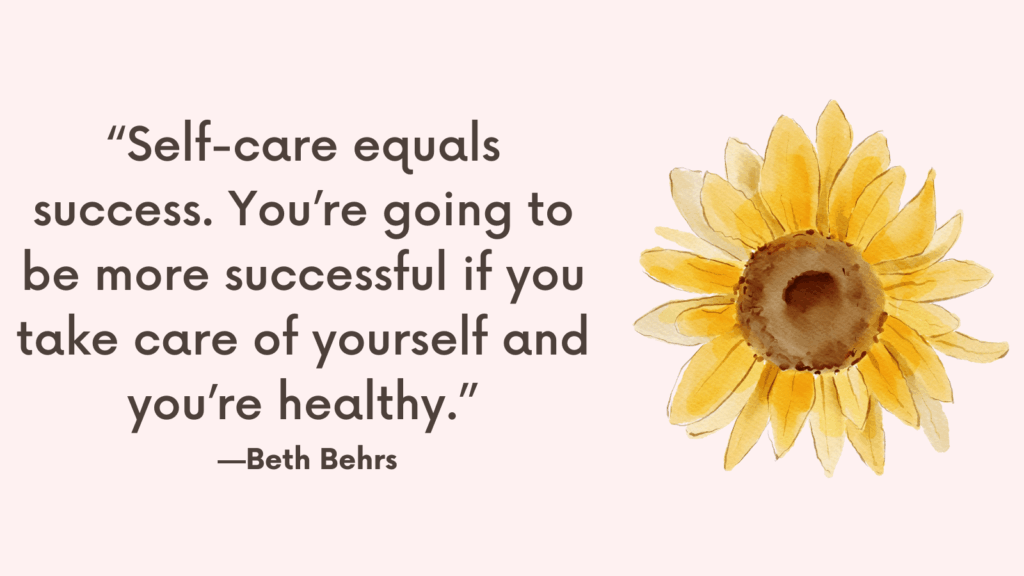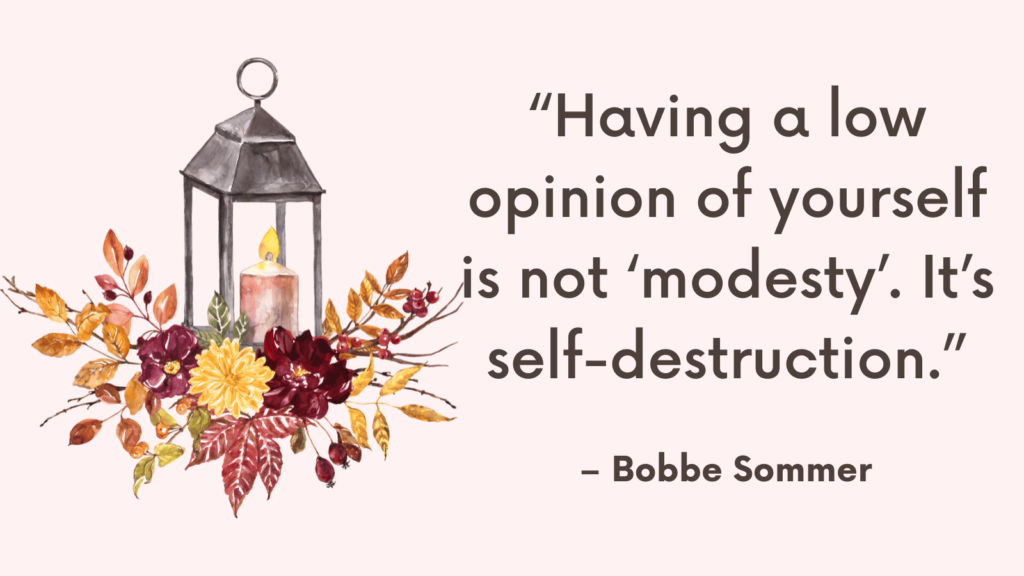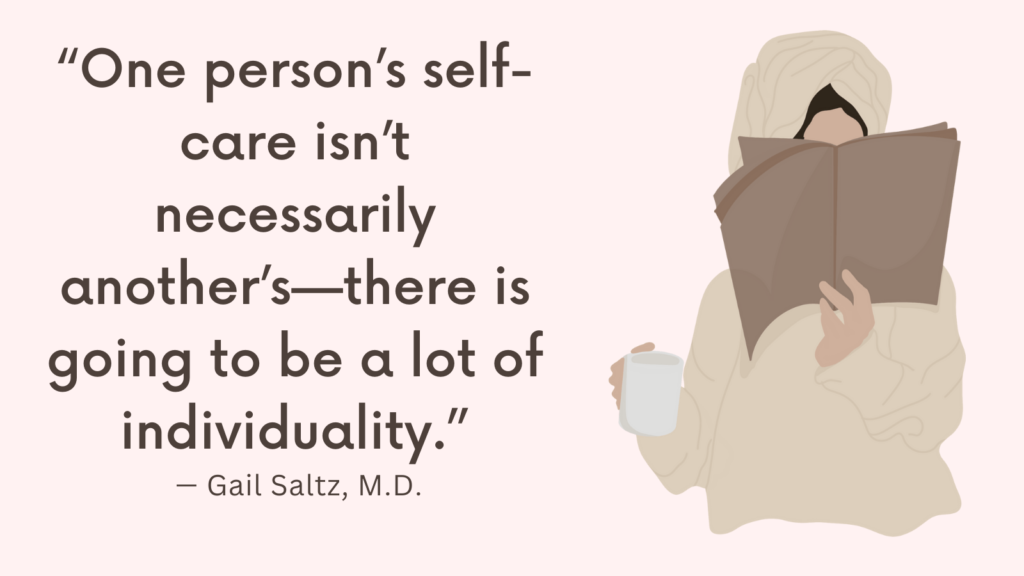Today, you’re going to discover top 6 common introvert problems and how to overcome them and make introversion work for you, not against you.
What Is Introversion?
Introversion is a type of temperament.
It doesn’t mean the person is shy, or has a withdrawn personality.
It is also not something you can change.
But you can still learn how to make it work for you, not against you.
Related: Best 35 Journal Prompts To Get To Know Yourself
Who Is The Introvert?
One of the strongest distinguishing characteristic of introverts is their source of energy.
Introverts draw their energy from their internal world of thoughts and emotions. This is why, unlike extroverts, introverts can be easily overstimulated by the external world.
Social experiences can leave them feeling drained.
A less stimulating environment, such as home, help introverts restore their energy.
Although introverts might need to limit their social experiences in order to be able to recharge their energy, they need to balance their alone time with outside time, so they won’t lose other perspectives and connections. (*)
Related: Lack Of Self Awareness: 5 Signs & 5 Tips On How To Increase Self-Awareness
Are You An Introvert?
Introversion exists on a scale with introversion on one end and extroversion on the other end.
No one is a pure introvert or a total extrovert. If you identify as an introvert, you will also have some extrovert traits.
This is why not all introverts fit the stereotype and neither do extroverts.
The following are some sign that might help you find out if you’re an introvert:
* You prefer to spend time alone or with a few close friends
* You consider only deep relationships as friends
* You need rest after outside activities or social interactions, even ones you enjoy
* You tend to listen more than you talk even when it comes to topics of importance to you
* You appear calm and self-contained
* You tend to think before you speak or act
You might not have all of these qualities. Living in a culture biased toward extroversion, your job and family demands may require you to function as an extrovert that it becomes difficult to decide whether you’re an introvert or extrovert.
If you can’t decide, ask yourself “Am I refreshed more often after quiet time [introvert] or active time [extrovert]?”
Related: The Process Of Turning Inward In 6 Simple Steps (Turn FOMO Into JOMO)
Introverts And Extroverts Are Both Valuable
Extroverts have received lots of good press.
Introverts, on the other hand, have been viewed by society through a lens of incorrect assumptions.
Many public personalities are introverts and they’re definitely aren’t shy or antisocial.
Some of these introverts are :
- Abraham Lincoln (sixteenth president),
- Michael Jordan (basketball player and celebrity),
- Thomas Edison (inventor),
- Laura Bush (first lady),
- Bill Gates (software pioneer),
- Steve Martin (comedian/actor/ writer)
- Katherine Graham (late owner of Washington Post, author).
However what drives introverts into the limelight is often different from what drives extroverts.
They came on stage because of their quest for work that has meaning to them, or an unusual talent. (*)
Related: How To Start A Self Love Journey? Top 10 Powerful Ways to Love Yourself More
Top 6 Common Introvert Problems
In a world where extroversion is applauded, being an introvert can be challenging.
While as an introvert, you don’t need fixing, it’s important to capitalize on all the positive aspects of being an introvert and learn how to make your introversion work for you, not against you.
#1: Facing Misconceptions of Rudeness or Aloofness
Introverts are quiet by nature.
This often makes other people believe that introverts are rude or aloof.
And while selfish people can be both, introverts and extroverts, introversion in and of itself isn’t an indication that someone is self-centered or rude.
Introverts enjoy spending time alone, whether it was indoors or outdoors.
For instance, an introvert might want to enjoy reading their book at the café, and feel dismay when someone approaches them and strike up a conversation.
While they don’t want to be rude, expressing their desire to be left alone (directly or indirectly through body language) might make other people believe they’re rude or aloof.
How to overcome this perception?
1. Turn Your Introversion Into An Advantage
Look for ways you can make your quiet trait work to your advantage in your personal and professional life.
For instance, being an introvert might help you in your therapy or social worker career as listening to others comes naturally to you.
2. Don’t Be So Concerned About Others Opinion
What you think of yourself and doing the right thing for yourself is more important than other’s opinions.
While nothing is wrong with needing some quality time alone, make sure you don’t end up rudely pushing people away if they’re simply trying to start conversations.
If body language and subtle hints don’t work, you might have to be blunt.
3. Give Your Loved Ones More Attention
Make more effort to give your loved ones attention and let them know that you’re thinking about them.
Even when you can’t spend so much time with them, a card, or an email, or liking and commenting on their Facebook posts can go a long way.
Related: How To Be Gentle With Yourself? Top 5 Ways To Practice Self-Compassion
#2: Dealing With Exhaustion from Overstimulation
Introverts are usually emotionally drained after spending a lot of time in social situations.
This is why being aware of what overstimulates you and finding out what you can do to deal with the exhaustion is crucial.
1. Becoming Aware Of What Overstimulates You
Overstimulation might include, lots of noise in the background, such as a radio or loud music, social interactions, sales calls, meetings, caffeine, etc.
Once you understand what exhausts you, you’ll be able to find a better way to respond to these triggers.
2. Recharging Your Batteries
Introverts draw their energy from their internal world and require this energy to function in the external world.
This is why it’s important to refuel regularly.
Taking regular breaks throughout the day helps you recharge and prevent exhaustion.
Enjoy quality “me time” without feeling guilty about it. This time is one way to show yourself love.
You can use that time to take a bath, watch a movie, read a book, play instruments, write, etc.
Related: Take Care of Yourself: (26 Simple Self-Care Practices for a Healthy Mind, Body & Soul)
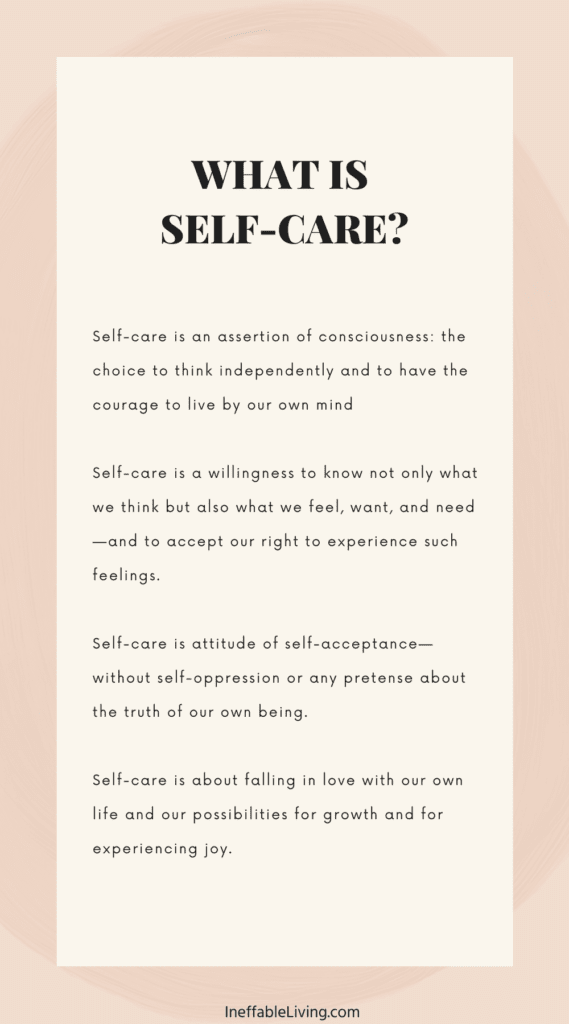
#3: Overcoming Lack of Confidence
Another misconception about introverts is that they lack confidence.
And while there are unconfident introverts and extroverts, introversion in and of itself isn’t an indication that someone lacks confidence.
The reason behind this misconception is the fact that people don’t distinguish between feeling confident and looking confident.
A confident introvert often looks very different than a confident extrovert.
Most people assume that a confident person is someone who demonstrates an outgoing behavior. But this is not always the case, a woman who boldly gets up and dances on a table might simply be drunk and not confident.
Confident Introvert
A confident introvert is someone who has nothing to prove to others and doesn’t need to be the most outgoing person in the room.
Quietness isn’t a weakness. It can actually be a strength.
In fact, people respect those who listen and only speak when they have helpful insights to provide. They’re considered wise.
But if you think you struggle in this area, here’s how you can overcome it and build confidence.
1. Understand Your Barriers To Self-Confidence
Many barriers could keep you from being confident in yourself, such as:
- Childhood issues (unsupportive, critical parents, being bullied, etc)
- Fear of failure or rejection
- Negative self-talk
- Worrying too much about what others think
- Not taking responsibility for your own choices
- Etc.
Talking to a psychologist might help you find out the reasons behind your lack of confidence, but keeping a journal also help you uncover underlying issues.
Think back to a recent occurrence when you felt a lack of confidence and ask yourself:
What were you afraid of? Did the event remind you of an event from the past? Did the idea of being outgoing trigger any painful memories?
Understanding the reasons behind your lack of confidence can help you figure out the right thing to do to overcome them.
2. Expose Yourself to New Experiences
The best way to build confidence is to gradually expose yourself to the situations you fear.
The simplest way to push the boundaries of your confidence is to expose yourself regularly to social situations with strangers.
Create a habit of striking up a conversation with at least one person every day, until the idea of meeting new people seems perfectly natural.
3. Remind Yourself Of Your Positive Qualities
Keep a “feel good journal” where you write down your positive qualities, your achievements, compliments you received, thank you letters you received, etc. and use this journal to refer to when you start doubting your worth.
When you find yourself thinking about a recent failure or rejection, catch yourself from spiraling downward by reminding yourself of other achievements.
4. Join Toastmasters Or Similar Groups
A supportive group such as Toastmasters and other similar groups can help improve your public speaking skills, which in order helps reduce your social anxiety and boost your confidence.
Related: Building Self-Confidence: How To Gain Confidence Quickly And Improve Your Self-Esteem?

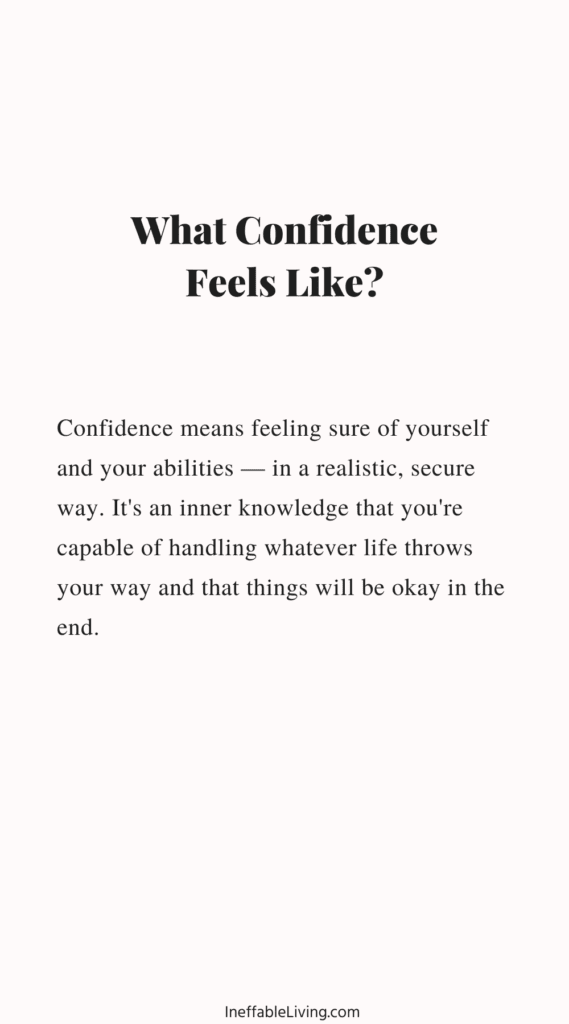
#4: Making Sense of Small Talk
Getting up the nerve to strike a conversation with a stranger isn’t not enough, you need to also know how to engage in small talk.
Why Small Talk Matters?
Many introverts would convince themselves that small talk is too superficial, in order to justify not trying to engage in one.
However, small talk is a social ritual that’s a normal part of everyday life.
Networking, meeting new people and building meaningful friendships, all start with small talk.
Here is a list of things that can help you get started.
1. Ask Others About Themselves.
Asking the other person about their interests or background will help them open up to you and they probably will end up doing most of the talking.
However, don’t be afraid to talk about yourself and share similar experiences so you can find common ground.
2. Give a Compliment
If you notice things you like, don’t hold yourself from sharing your observation.
Everyone loves a compliment. But make sure to be genuine.
Related: How To Make Anyone Like You In 90 Minutes Or Less
#5: Building Relationships
While you might not have hundreds of acquaintances and casual friendships, you still can have a small group of close friends with whom you develop meaningful relationships.
Conflicts in Relationships Are Inevitable
Different personalities and goals for relationships can lead to conflict, especially in relationships between introverts and extroverts.
The following strategies will help you not only improve the quality of your relationships, but to also enhance any future connections you make:
1. Understanding Your Differences
Make sure you communicate your needs directly to the other person, such as your need for space and time alone, as to not offend the other person when you have to retreat to “recharge your batteries”.
2. Set Relationship Boundaries
Healthy boundaries aren’t intended to push people away. They are there to keep a relationship healthy.
For introverts, setting these boundaries might mean letting the other person know that, although they enjoy their company, they need some time alone from time to time.
3. Balance Your “Downtime” With Strengthening Your Relationships
Bring balance into your relationships by engaging more in outgoing activities that will nurture your relationships.
4 Let Go Of Toxic Relationships
Some relationships can draining, particularly if the other person seems bent on tearing you down.
Let go of such relationships and use your renewed energy to nurture the relationships that really matter to you.
If you can’t let go of the toxic relationship (family member, coworker, boss, etc.) you might need to avoid this person as much as you can.
Related: How to Firmly Establish and Enforce Healthy Emotional Boundaries?
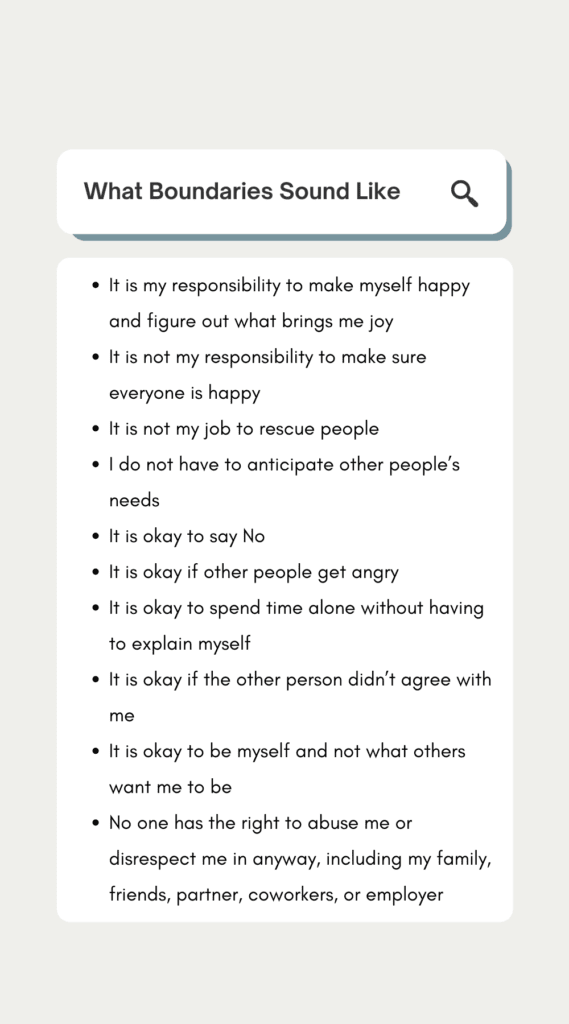
#6: Working in Teams
Team work has become inevitable in many workplaces.
Many companies now have open-concept offices and team-building exercises.
Such environment might cause a lot of anxiety and, in many cases, result in lower performance from and less recognition of introverts.
This is why learning team work skill can help boost your career.
1. Make Sure People Understand Your Quirks
Let everyone in a meeting or group setting know that you best ideas and answers might come after the meeting and agree on a way to follow up with the decision-maker afterwards.
This will help reduce your feeling of being ‘under pressure’ to speak up right then and there.
2. Find “Introverted” Ways To Contribute To Team Efforts
Team projects might involve certain activities that could be done alone, such as editing, proofreading, etc.
Use these activities to have some time for yourself while contributing to the team efforts.
Antisocial vs Introvert
Antisocial behavior refers to actions that violate social norms and can harm others, such as aggression, violence, and crime. It can also refer to a lack of interest or participation in social interactions and relationships.
Introversion, on the other hand, is a personality trait characterized by a preference for solitude and a low level of external stimulation. Introverts may be reserved or shy, but this does not necessarily mean they are antisocial or lacking in social skills.
While antisocial behavior is characterized by harmful actions towards others, introversion is simply a personality trait that reflects a preference for solitude and a low level of external stimulation.
Empath vs Introvert
While there are some similarities between being an empath and an introvert, they are different concepts.
An empath is someone who has a heightened sensitivity to the emotions and energy of others. Empaths are often able to pick up on the emotions of others without being told explicitly what they are feeling. As a result, empaths may struggle with emotional overwhelm or feel drained after being around certain people or in certain environments.
On the other hand, an introvert is someone who gains energy from spending time alone or in quiet environments. Introverts often feel drained or exhausted after extended periods of social interaction, and may need alone time in order to recharge their batteries.
It’s possible for someone to be both an empath and an introvert, or for someone to only identify as one or the other.

Conclusion
Introverts are people who need time for themselves to refuel as they do not gain their primary energy from external activities.
But that doesn’t make them self-absorbed loners. Nor are they necessarily antisocial or shy.
Resources
- Portions of this article were adapted from the book The Introvert Advantage, © February 2002 by Marti Laney. All rights reserved.
- Portions of this article were adapted from the book Confident You: An Introvert’s Guide to Success in Life and Business, © July 15, 2015 by Rebecca Livermore and S. J. Scott. All rights reserved.
- 8 Signs You’re an Introvert (verywellmind.com)
- Signs of an Introvert Personality: Types, Traits & Characteristics (webmd.com)
- What Is an Introvert? Personality, Characteristics, and More (healthline.com)
- Introvert Definition & Meaning – Merriam-Webster
- Introversion | Psychology Today
- What Is an Introvert? Definition & Guide to Introversion (introvertdear.com)
- The 4 Types Of Introverts: Traits, Habits & Dating Tips | mindbodygreen
- Extraversion and introversion – Wikipedia
- The Surprising Benefits of Being an Introvert | Time
- What is a an introvert? How to tell if you are introverted (medicalnewstoday.com)
- Frontiers | Introversion and Social Engagement: Scale Validation, Their Interaction, and Positive Association With Self-Esteem (frontiersin.org)
- Introversion and Social Engagement: Scale Validation, Their Interaction, and Positive Association With Self-Esteem – PMC (nih.gov)
- Introverts Actually Understand People Way Better Than Extroverts Do, Yale Study Shows | Inc.com
